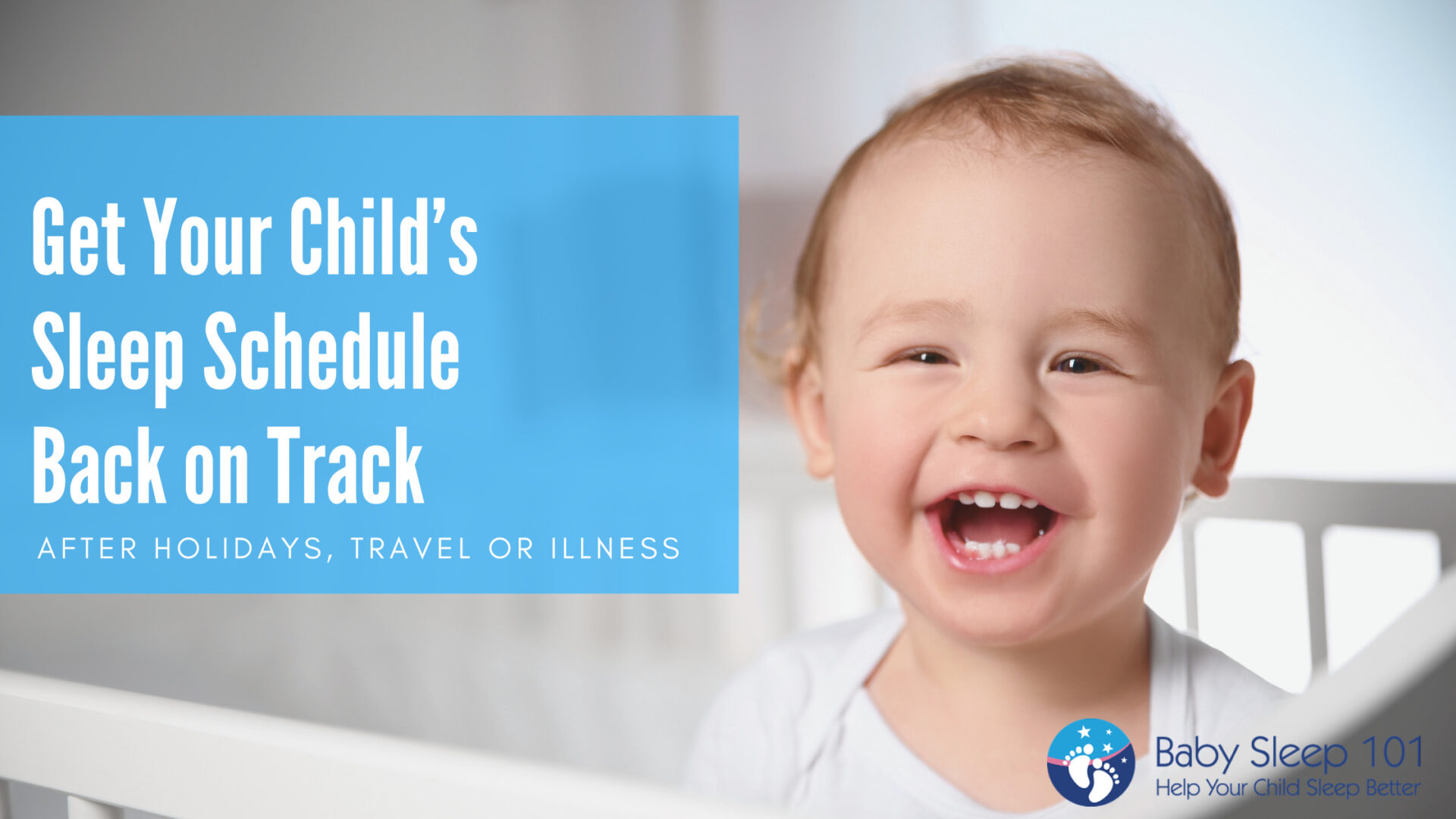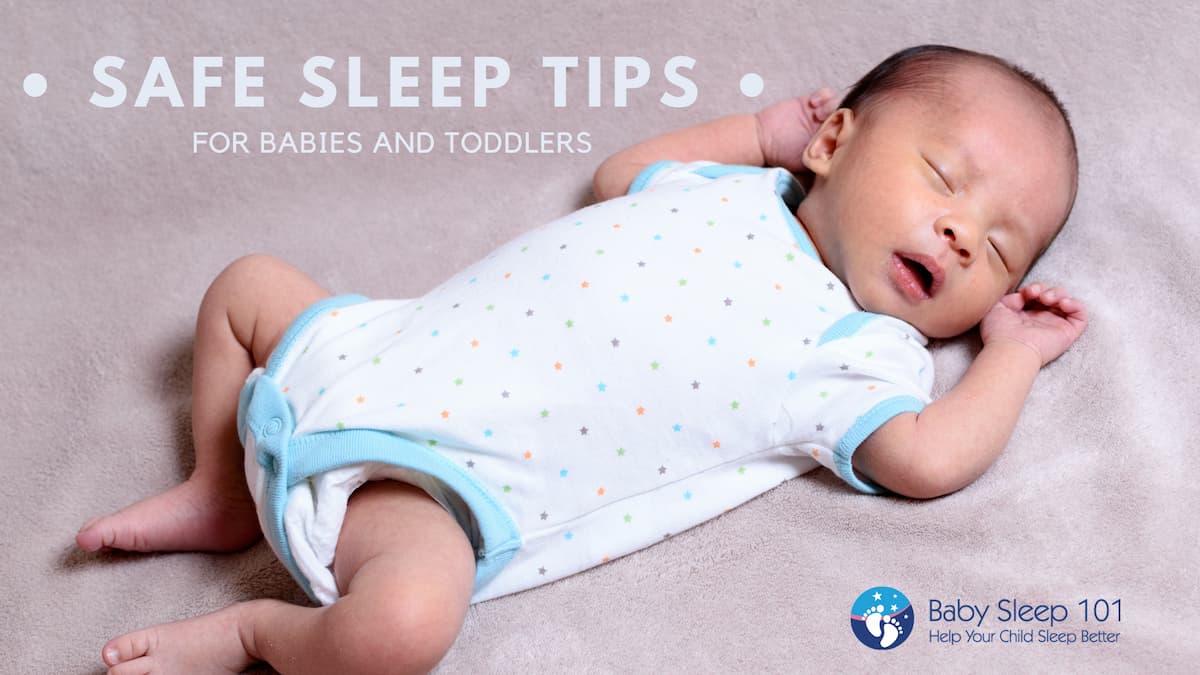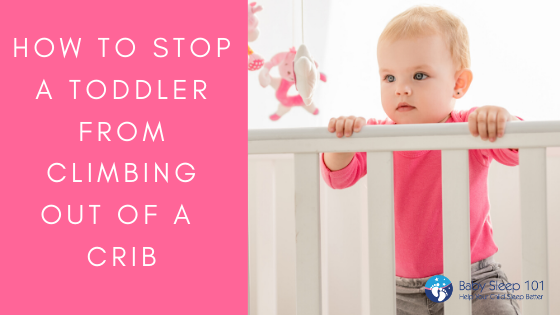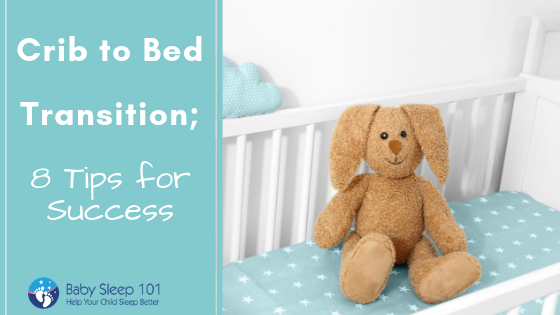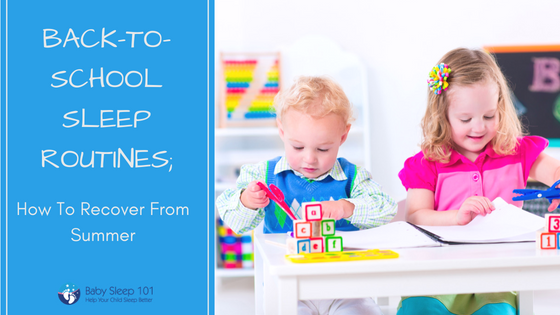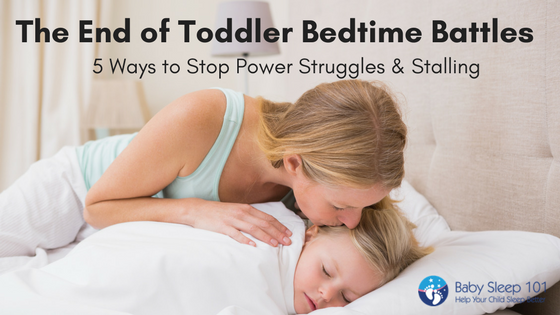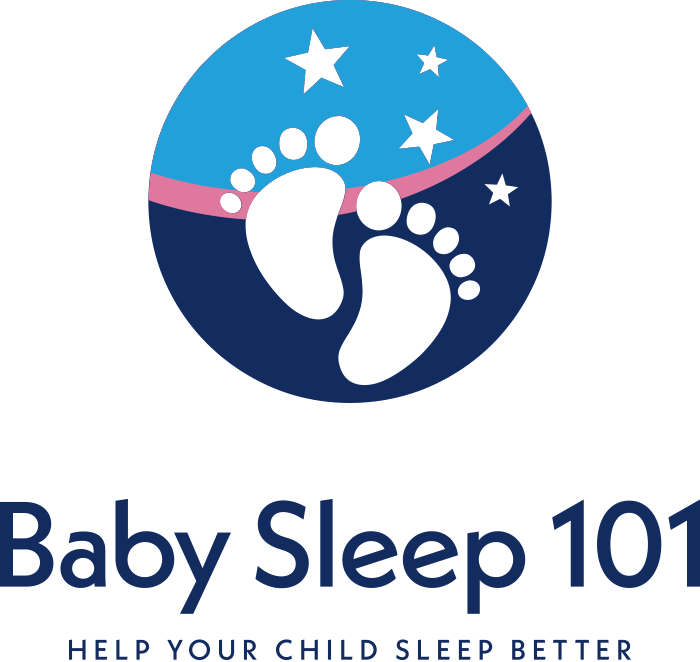This article comes to us from guest blogger and child-feeding expert; Kristen Yarker from kristenyarker.com. She provides us with another commonly asked question about food and sleep. You can see her previous guest blog article, “Will Starting Solids Help Your Baby Sleep Better” here.
Today, Kristen answers the following;
“My toddler will only go to sleep after being given a bottle or milk/juice/water-does this mean they are still hungry? If I don’t give it to them, they scream and cry until I do.”
Using a beverage to transition a toddler to sleep is a habit that usually starts when they’re much younger babies. We do this because it works (it gets kids to fall asleep). However it’s a habit that does cause a couple of problems:
Tooth Decay
Putting babies to sleep with anything besides water leads to tooth decay. The natural sugars in cows’ milk, goats’ milk, breast milk, formula and juice cause tooth decay. And while it’s true that their baby teeth will fall out, the decay can cause damage to permanent (adult) teeth. We health professionals call it “baby bottle mouth”. A search on Google Images brings up all sorts of awful pictures. Trust me, you want to prevent this.
Picky Eating at Dinner and Poor Nutrition for Toddlers
Toddlers are clever. Many put together that they don’t have to try more challenging foods at dinner because just a short time later, they can fill their tummies with their bedtime milk or juice. This creates both picky eating behaviour at dinner and can cause children to have unbalanced eating habits and not get the nutrition that they need.
Many smart toddlers also learn that while other bedtime stall tactics like “one more story” or “I need to potty” don’t work, “I’m hungry” works like magic. They aren’t actually hungry, they’ve just learned to push your buttons to effectively delay going to bed.
The solution is twofold – one sleep-focused and one nutrition-related.
Sleep solution
Teach your child to transition to sleep without a beverage. Joleen teaches these solutions.
Nutrition solution
Provide 5 or 6 opportunities to eat each day (3 meals and 2 – 3 snacks). This may or may not include a bedtime snack. At each opportunity to eat, provide both familiar foods and challenging foods. Often kids only see challenging foods at dinnertime and get favourite foods at bedtime snack. This inadvertently fuels picky eating at dinner. Instead, offer foods from 2 or more food groups at snacks (including bedtime snack), offering a food that your child hasn’t tried before (this may be a new food or something that they’ve seen before but haven’t wanted to try). By providing 5 or 6 opportunities to eat each day your child will have enough opportunities to get the nutrition that they need during the daytime and they won’t be hungry at bedtime. Remember this as your toddler uses their (previously powerful) tactic of claiming hunger to prevent going to bed. Lastly, be sure to brush teeth after the last food/ bottle and before bedtime.
Kristen Yarker, MSc, RD
Child-Feeding Expert
Helping Moms and Dads support their picky eaters to try new foods on their own (without being forceful or sneaky)
www.facebook.com/KristenYarkerNutrition
Twitter: @kristenyarker
Pinterest: kristenyarker
Do you have a toddler that refuses to go to sleep without food or drink? How did you solve the problem? Did you find this article helpful? Tell us in the comments below.



